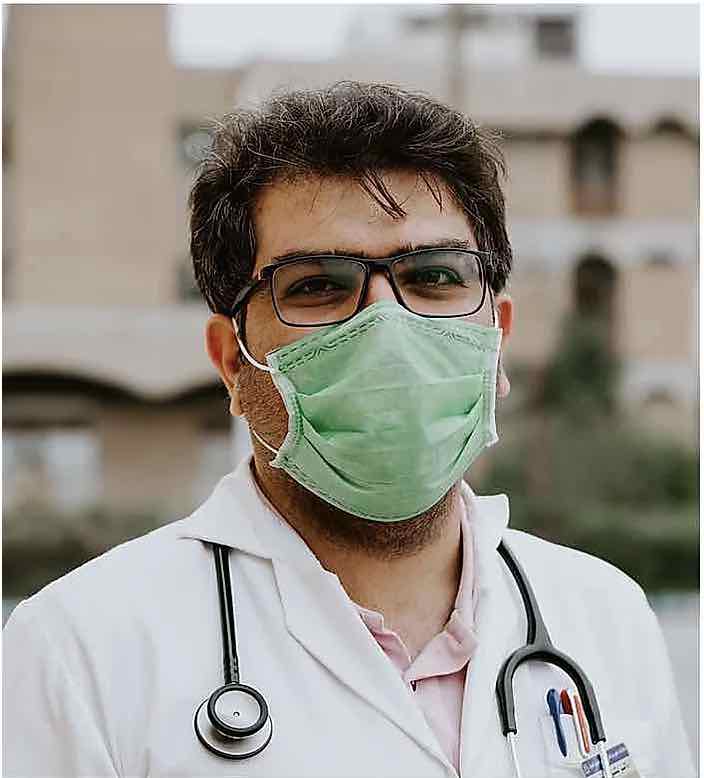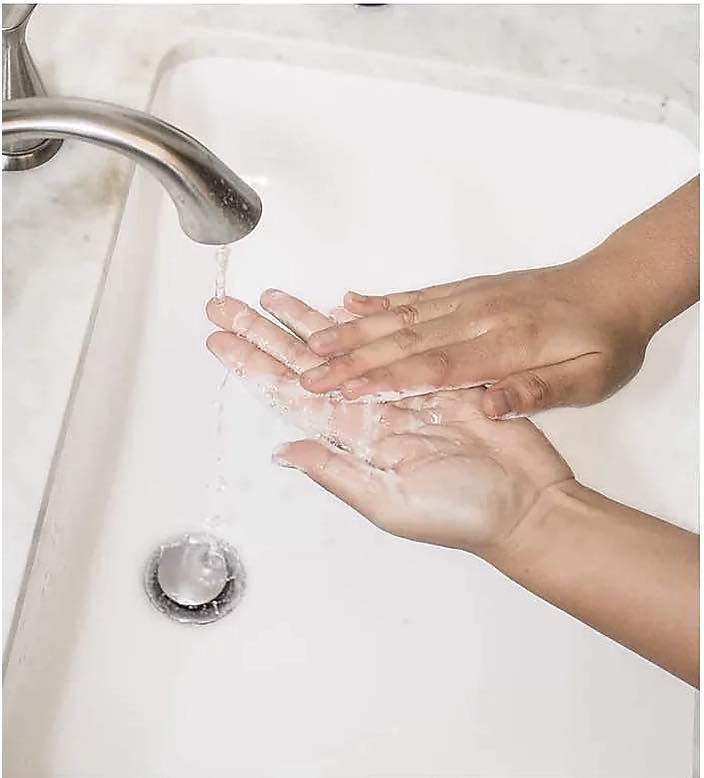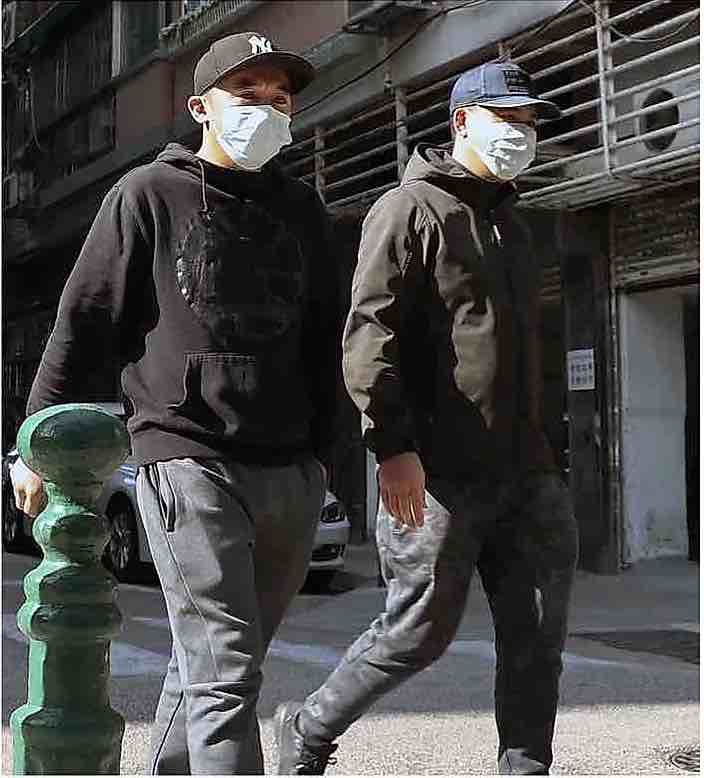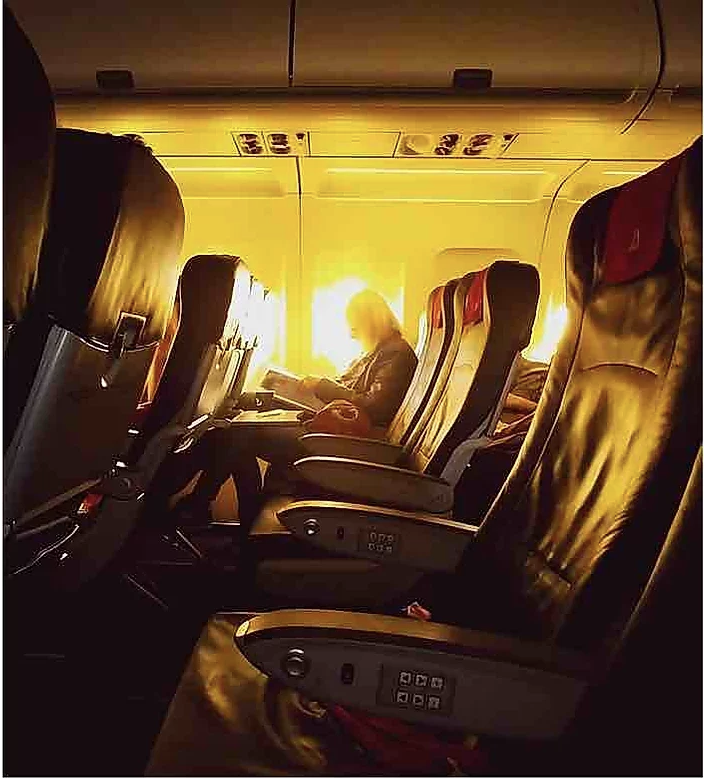by Daniel | Last Updated January 1st, 2021

- The coronavirus outbreak which originated in Wuhan, China, has to date infected over 83,806,857 people and killed more than 1,825,709.
- So far 354,215 people in the US have died because of the Coronavirus – COVID-19.
- There have been major travel restrictions put in place to help slow the spread of the Coronavirus.
- For more information please head to CDC.gov
- Visit Luggageguru’s homepage for more stories.
In today’s world, it’s easier than ever to get from one part of the world to another. While the world has become easier to travel, it is also easier to spread disease. The latest of these cases is the coronavirus, spreading from country to country and across continents.
The situation with coronavirus, also known as COVID-19, is complicated as travelers can show few to no symptoms, board a plane, and be almost anywhere within just a few hours. Passengers who believe that they just have a common cold can board a flight and spread their sickness to the other passengers.
When you travel for an extended time, whether it is by plane or on a cruise, you can’t simply move away from a person who’s ill. On flights, seat assignments are fixed. While cruise ships have a lot of room, it is still a more confined space than anyone is used to. You’re stuck around infected passengers for your entire time abroad on that vessel.
While it may be risky, fear of getting sick shouldn’t stop you from traveling. Health-conscious people can take steps to ensure that they minimize contact and ward off dangerous and unwanted germs.
Here’s how you can prevent coronavirus and keep your travel plans this spring.
Ensure You Get All of Your Vaccines Before Traveling

The U.S. Center for Disease Control and Prevention (CDC) said on Feb. 20, 2020, that the flu vaccine this year has been more than 50 percent effective in preventing flu symptoms severe enough to send a child to the Dr.
It’s important to remember that vaccines are never 100 percent effective. Vaccines are made by killing or weakening the virus or bacteria. While it may give you some flu-like symptoms, a vaccine is much safer than the disease itself. Based on the specific individual’s body makeup, they may be immune to the effects of a vaccine.
Travelers will also find that certain destinations require vaccinations for specific diseases, such as typhoid and malaria. However, health experts find that getting a simple flu shot is an effective way to help your body defend itself. If you’re properly vaccinated, then you’ll lower the chances of your immune system weakening, which can lead to the contraction of additional illnesses like COVID-19.
Wash Your Hands to Fight Against Illness

Health experts are urging the general public to wash their hands and avoid touching their eyes and face. Hand-washing prevents about 30 percent of diarrhea-related illnesses and approximately 20% of respiratory infections, such as the cold or the coronavirus.
Encouraging hand-washing reduces the number of antibiotics people get and the likelihood that people will develop resistance to antibiotics. Washing your hands can also prevent people from getting ill from germs that are already antibiotic-resistant and difficult to treat.
The practice of hand-washing is a great and easy way to stop germs from spreading in communal areas. Plus, germs that are already there won’t be able to reach our mucous membranes.
If you’re in an area where you can’t wash your hands, consider carrying around hand sanitizer. Hand sanitizer is a valuable alternative that eliminates germs. You can carry a small bottle onto a flight.
Carry Disinfecting Wipes Onto Your Next Flight
Airlines employ cleaners that ensure the aircraft you’re on is clean. However, a flight delay or the fear of causing one can lead employees to neglect their cleaning duties. Buying disinfectant wipes and bringing them on your next flight can allow you to properly clean the seat you’re sitting in.
When you use wipes to clean your area, you can ensure that the parts that are most susceptible to being touched are taken care of. Be sure to wipe down the armrest, tray table, seat cover, seat-back screen, seat-back pocket, headrest, overhead air vent, in-flight entertainment screen, and the window shade.
The Best Way to Avoid Germs Is To Avoid People Altogether

If it’s possible to reschedule your vacation, then it may be best to do so. If you can’t, try your best to stay away from people who are coughing or exhibiting any other signs of respiratory problems. While having a flight all to yourself would be the ideal option, most people can’t easily charter a private jet. You can, however, choose to sit as far away from the other passengers as possible.
For the common flu, close contact with an infected person is considered three feet. For Coronavirus – CORVID-19, six feet is what health experts consider close contact. In an aircraft, people are very close together. The aisles are full of passengers going to the bathroom, flight attendants, and several other potential germ-carrying objects.
The optimum spot to be in on any flight where you’re worried about exposure is the window seat. The aisle is where you’ll experience the most exposure, so you’ll want to distance yourself from there.
Pick A Seat Near An Adjacent Open Seat

While the aisle of a plane is a health risk, the people that are in the rows and seats around you are an even greater threat.
If the aircraft you’re on is only moderately full and you have the option to choose your seat, get one that has an empty seat next to it. Choose your seat as close to departure as you can to help your chances of getting an adjacent vacant seat. Your best chances are when you’re checking in. Or you can always ask your gate agent as you wait to board.
The seating for a plane solidifies as boarding time nears as the airline figures out who is making their flight. In the time between check-in and boarding, seating may change as other passengers get upgrades based on their flyer status, miss check-in windows, or change their travel plans based on other cancellations or delays.
The seat map isn’t completely locked in until the boarding doors are closed. However, asking the gate agent if anything has opened up while you wait to board can give you a better idea about what your in-flight situation will be like. It will be much more accurate than checking the seat map at the check-in kiosk.
Avoid The Plane’s Bathroom
The aircraft’s lavatories are the most frequently used parts of the plane. Many passengers come into contact with this particular area. Every surface in an airplane bathroom is touched. People will touch the flush button, the sink, and the doorknob, making it the ideal place to come into contact with harmful pathogens such as the Coronavirus.
Doctors and other health professionals also recommend that you avoid all of these areas. The lavatory is the space that ranks the highest on this list. Avoid the bathroom as much as possible unless it’s an absolute necessity. If you do use the lavatory, wash your hands before you exit and utilize hand sanitizer when you sit back in your seat.
If You Have To Wear A Mask, Use The N95
The N95 face mask is the highest level of mask that protects you from the majority of pathogens. However, it doesn’t need to be worn by everyone or at all times. The only instance where someone should wear a face mask is if they work in a healthcare profession.
In any other setting, you should wear a face mask if you:
- Have symptoms of respiratory illness
- Have a compromised immune system
- Will be in close contact with someone with a confirmed case of the novel coronavirus
The coronavirus has a 2 to 14 day incubation period in which it can be transmitted, so a face mask may be a safe bet. There are conflicting reports about the effectiveness of face masks, but they have proven to lower the risk of getting the flu virus by 70 percent when done in tandem with hand washing.
While Coronavirus – COVID-19 is classified as an airborne pathogen, the illness likely spreads by the droplets produced when the infected sneezes or coughs. Surgical masks are crafted to be effective against these droplets.
The Circulated Air in the Aircraft Can Do More Good Than Harm
One worry most flyers have is with the air that circulates through the cabin. Many passengers believe that the air is recycled. However, modern airplanes are equipped with HEPA filters that help remove respiratory droplets from the air.
The air that comes out of the vents above your seat dispenses clean air directly onto you. This means that this air helps to distill and disperse the lingering, unfiltered air from around you.
Compensate for the Dry Air by Drinking Water

While the air in the cabin is clean, it’s extremely drying and can lead to dehydration. When you drink water while flying instead of a caffeinated or alcoholic beverage, you decrease your risk of becoming ill by keeping your defenses up against germs. Dehydration affects several of your bodily functions, which can weaken your immune system. A weakened immune system is an ideal target for Coronavirus – COVID-19.
When you drink alcoholic or caffeinated beverages, you contribute to your dehydration. Drinking plenty of water not only keeps your immune system strong, but it also prevents your valuable mucous membranes from drying up.
Try to Travel on Newer Aircrafts
Low humidity will dry out your nose, mouth, and eyes, making your body less effective in blocking the Coronavirus. When it comes to traveling on a plane, cabin altitude makes the humidity levels low. However, newer models, such as the Airbus A350 XWB or Boeing 787 Dreamliner, feature technology that lowers the altitude pressure. This allows for higher humidity levels in the cabin.
Airplanes with this technology are used for long-distance routes. If you are traveling on a long flight, look for these types of planes over older models to give your body a better chance of staying healthy.
Don’t Forget to Sleep
Some travelers are afraid to sleep on flights, for fear that they will breathe in the virus when they’re most vulnerable. However, avoiding sleep can do more harm than good. Sleep is good for your overall health. Not sleeping can lead to exhaustion and result in a weakened immune system.
Your body also works just as hard as it does when it’s awake to keep you healthy. Sleep on your flight, but take precautions, especially if you’re near someone who is sneezing and coughing.
Remember to Relax
The stress of traveling is a health risk itself. Stress is hard on your body and can make it more susceptible to viruses and other illnesses. There is only so much you can do to protect yourself from sickness when you travel. However, we can’t ignore these simple ways to prevent susceptibility to illnesses like coronavirus.
Don’t let the stress of traveling or the idea of Coronavirus – COVID-19 make you an easy target. Just be mindful of these tips as you travel to your final destination this spring!
